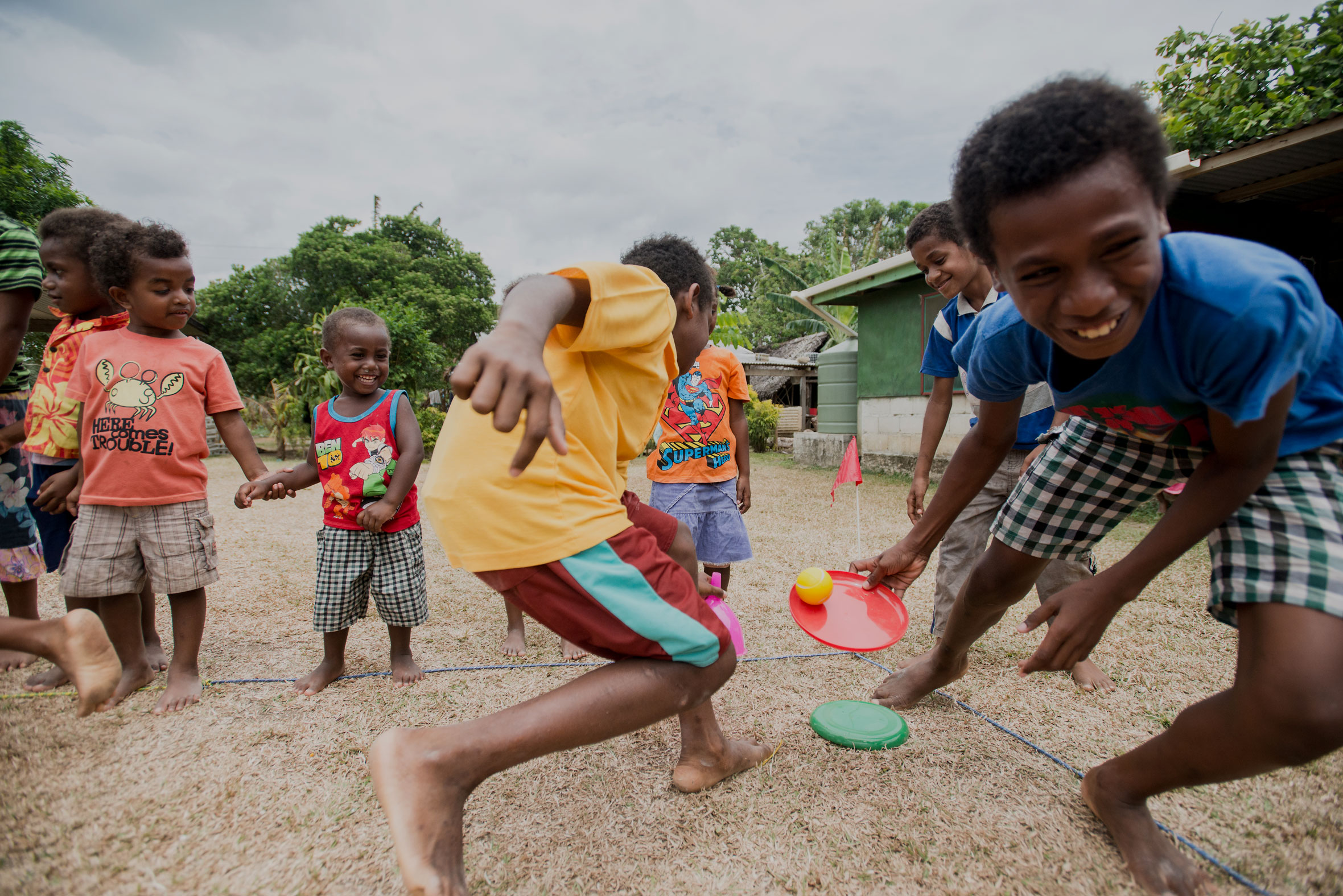
About the AHP

The Australian Humanitarian Partnership (AHP) is a ten-year (2017-2027) partnership between the Australian Government and Australian NGOs. Through the AHP, partners aim to save lives, alleviate suffering and enhance human dignity in the face of conflict, disasters and other humanitarian crises.
The AHP meets these objectives by focusing efforts both in disaster response as well as disaster preparedness.
In disaster response, the AHP uses Australian Government resources to leverage NGO networks and expertise, to deliver effective humanitarian assistance. For each response, the partnership selects the best placed NGOs to respond to those in need, in the most timely, cost efficient and effective way. In disaster preparedness, the AHP delivers the Disaster READY initiative across the Pacific and Timor-Leste.
Latest Humanitarian Responses
Recent Field Stories
Young people in the remote southern islands of Vanuatu are helping to protect themselves and vulnerable members of their families and communities against COVID-19, thanks to vaccines being rolled out across Tafea Province with the support of AHP partners.
For 12-year-old Rifa Akter, bullying about her communication disability had left her isolated and overwhelmed in the classroom. With support from an adolescents’ club supported through the AHP Bangladesh response, Rifa has new friends and has been able to return to school.
After suffering a stroke in 2021, Rohingya refugee Hassan was left unable to walk or stand, and without access to rehabilitation services. Through a partnership between Save the Children and Humanity & Inclusion, Hassan and other Rohingya people with disabilities now have access to specialised services at their local health post.
Increasing the number of girls and women in the classroom, both among students and as teachers, has been one of the aims of the AHP Education in Emergencies response in Myanmar. 19-year-old Yamin Khin now has the opportunity to work as an Assistant Volunteer Teacher at the same learning centre where she studied.
Through the AHP response in Bangladesh, people living with disabilities in host communities and Rohingya camps have been supported with assistive devices to improve their quality of life through partner Christian Aid and DSK.
Elders Yoseph (75) and Nonina (80), and Jemi (62) have received two COVID-19 vaccines and cash support through the Australian Humanitarian Partnership response in Indonesia. The response has focused on supporting vulnerable groups, such as the elderly and people with disabilities.
15-year-old Khaled has had a second chance at education through the AHP response in Jordan. Now he hopes to inspire other children with disabilities through his social media content.
On International Day of Disaster Risk Reduction, we recognise Early Warning Systems as vital component of DisasterPlanning and Preparedness.
A cash for work program being implemented through the AHP and CARE in Cox’s Bazar, Bangaldesh, is providing income earning opportunities for vulnerable groups such as female-headed households, while improving resilience to disasters.
Volunteer teachers at temporary learning centres in Myanmar’s IDP camps have been empowered to improve their skills inside and outside the classroom through training and resources delivered by Save the Children.
Through the AHP COVID-19 response in Papua New Guinea, one remote Bougainville primary school now has a toilet and handwashing facilities on site, improving life for both students and teachers.
Hussein’s family fled the war in Syria when he was a young child, arriving in Jordan in search of safety. Through classes supported by AHP, he finally has the chance to learn to read and write.
In Timor-Leste, the lack of clean water in schools puts children at risk. This is further exacerbated for kids living in disaster-prone communities. Disaster READY’s Disaster Management Committees are driving locally-led solutions to help keep these children safe.
When Pacific countries began taking action to protect their citizens from the COVID-19 pandemic in early 2020, the biggest hit for many communities initially was the closing of borders, rather than the virus itself. Through the AHP response, communities were supported to be more food secure in the face of economic shocks, lockdowns and movement restrictions.
Through the AHP COVID-19 response in Solomon Islands, community nurseries and agricultural training are helping families get more from their home gardens, reducing their food expenses and supporting livelihoods.
Floods in Timor-Leste in April 2021 damaged water infrastructure, leaving communities without nearby access to clean water. Through the AHP response, World Vision supported the construction of new water tanks and piping to restore access.


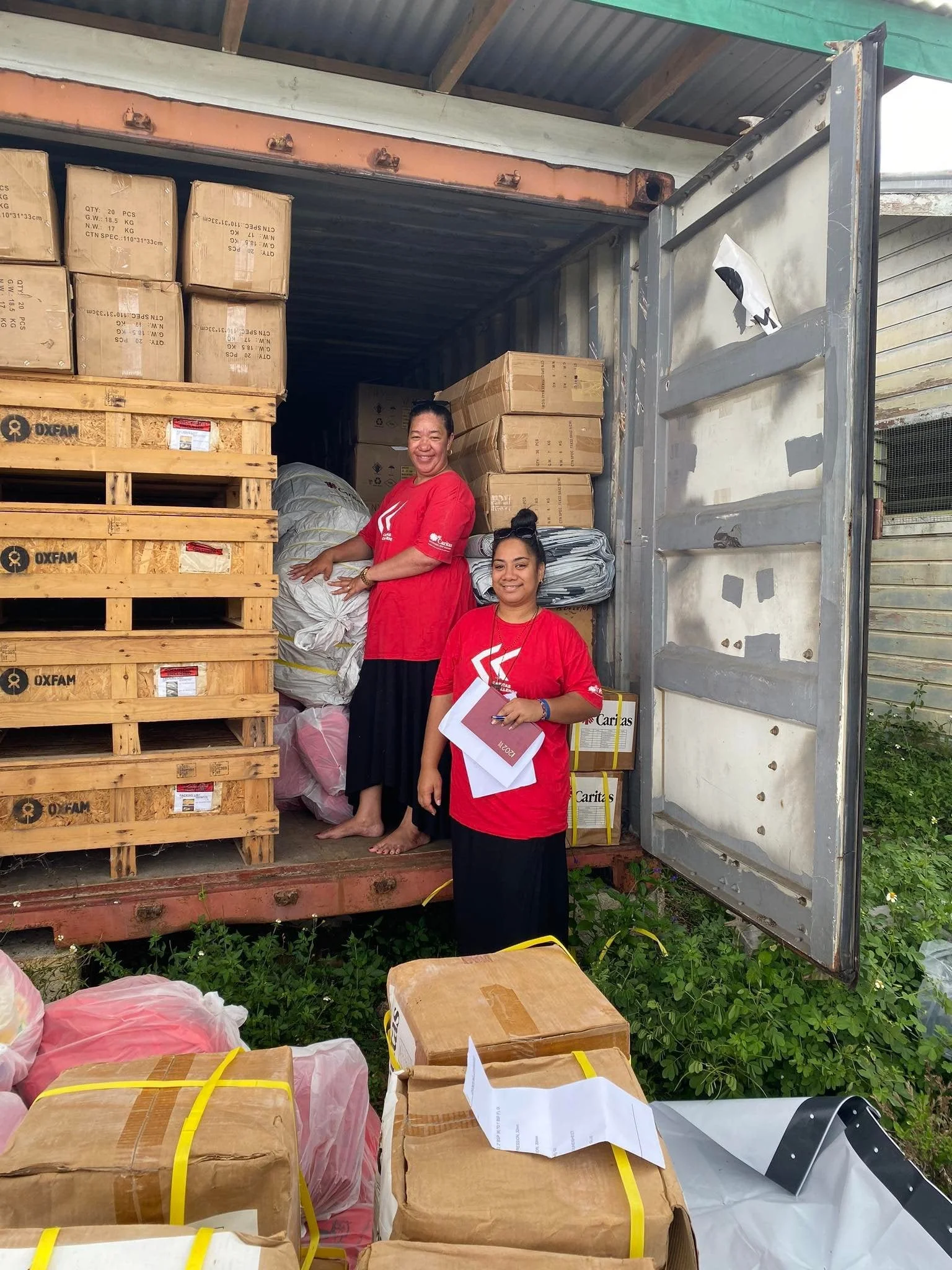
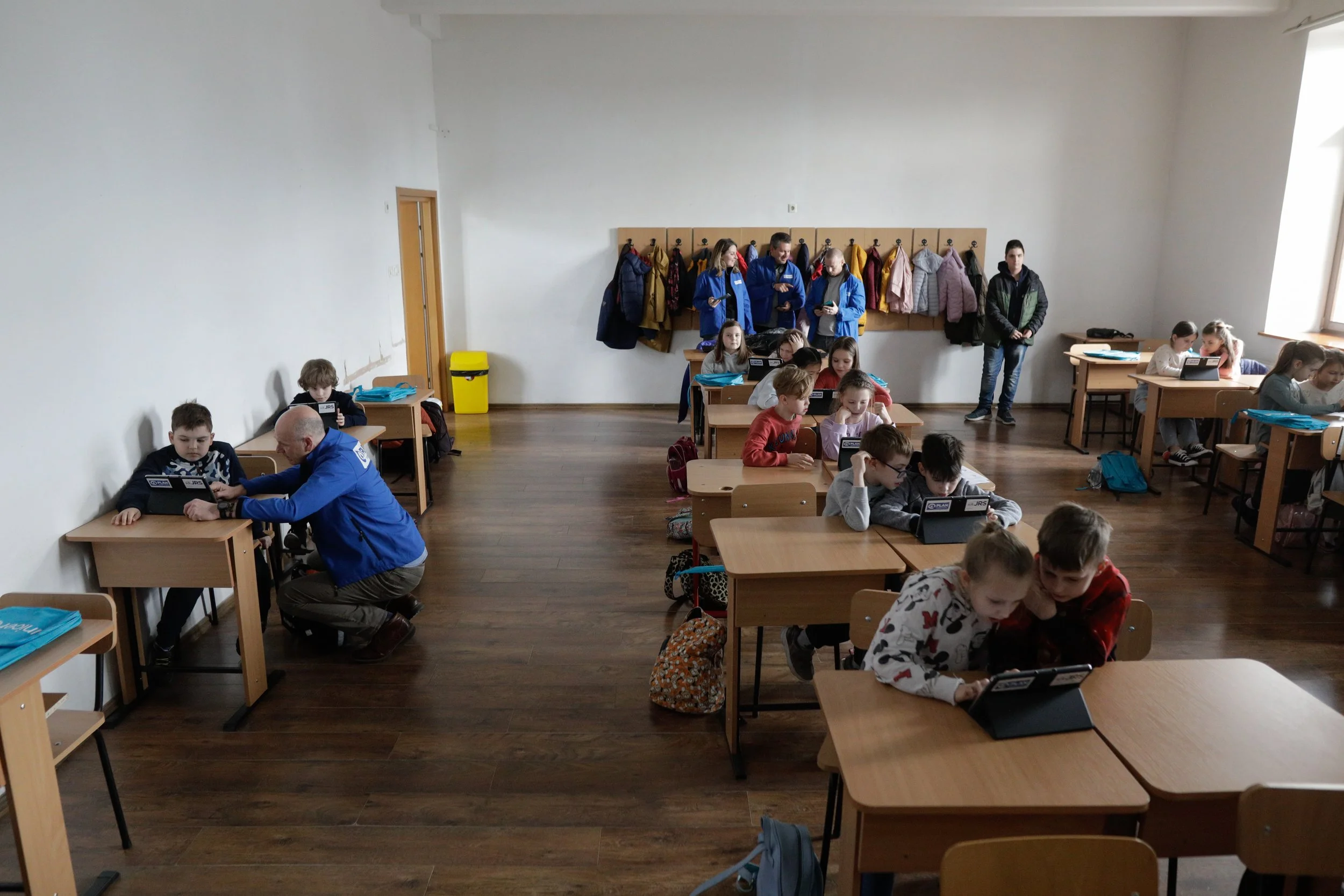
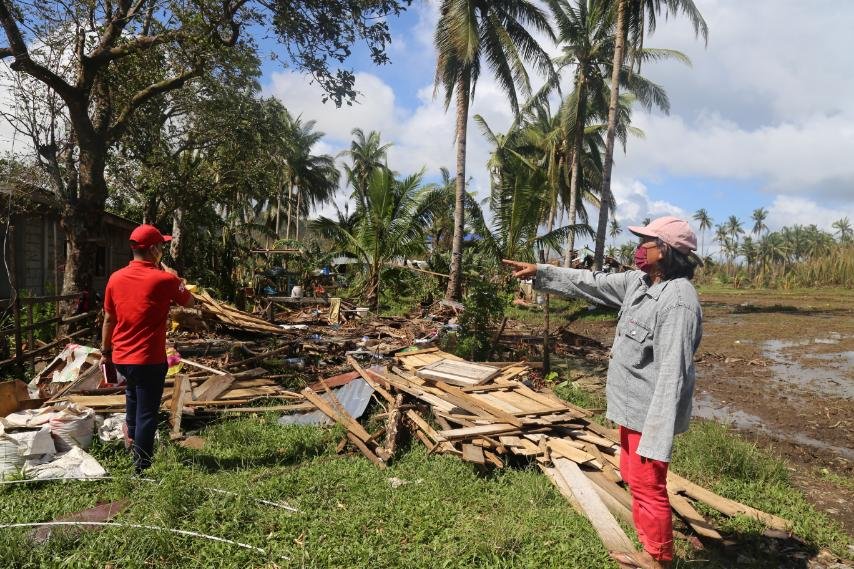
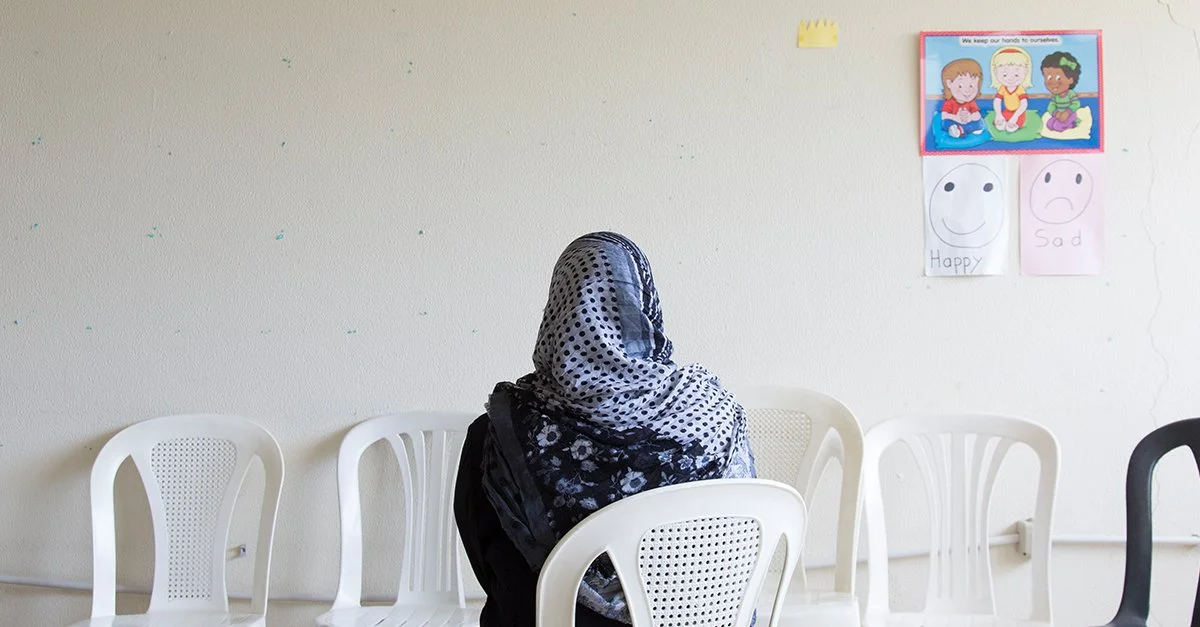
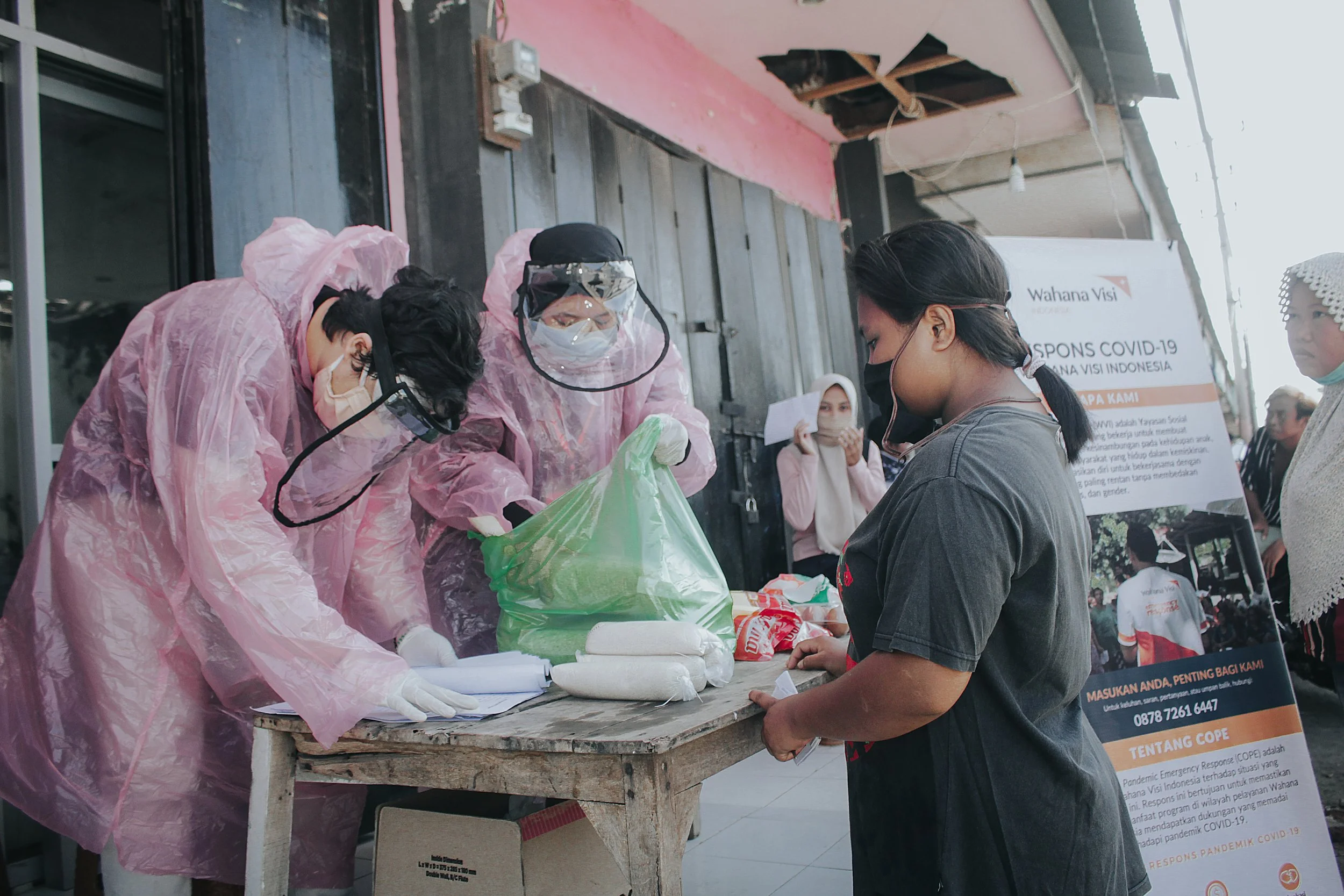
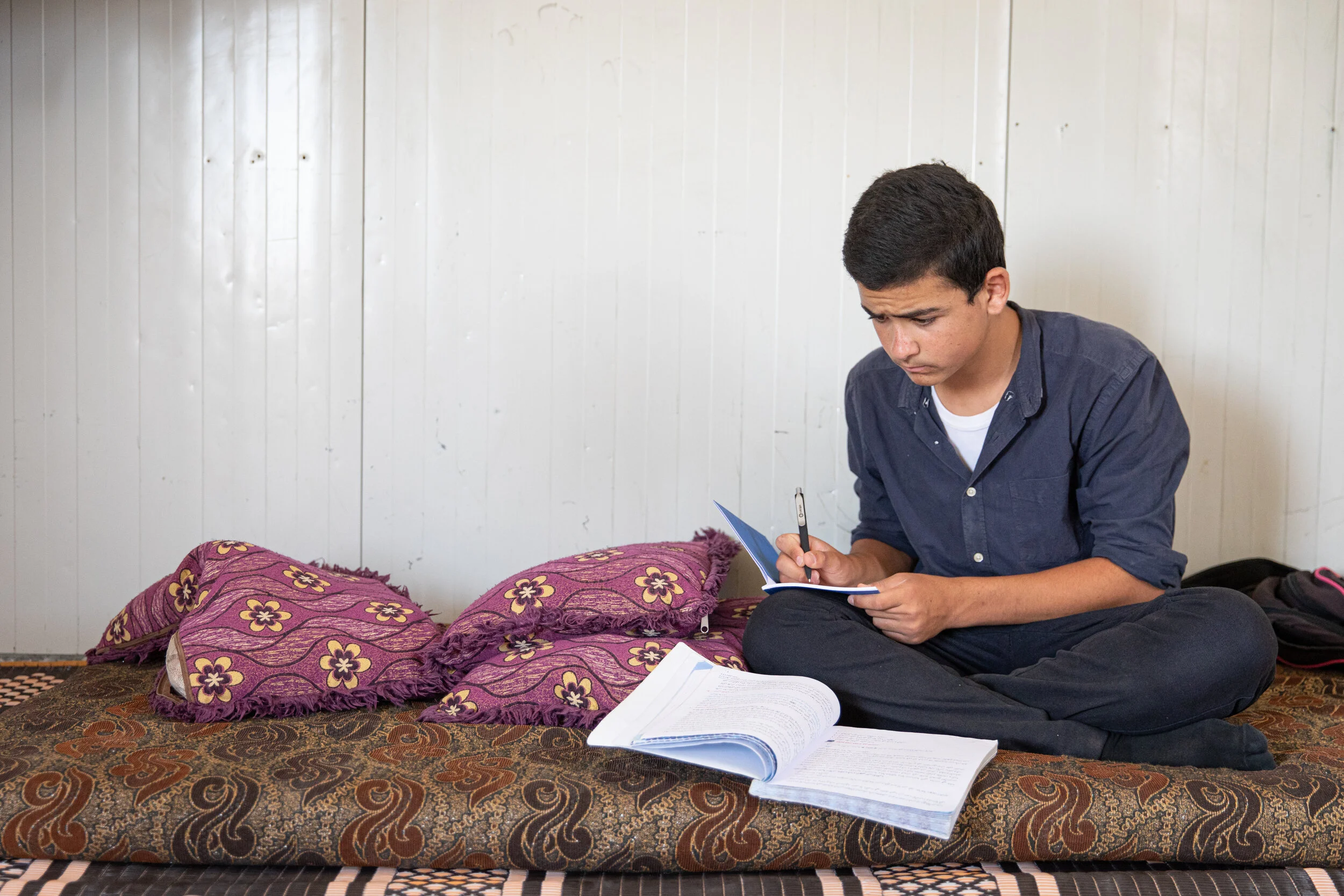

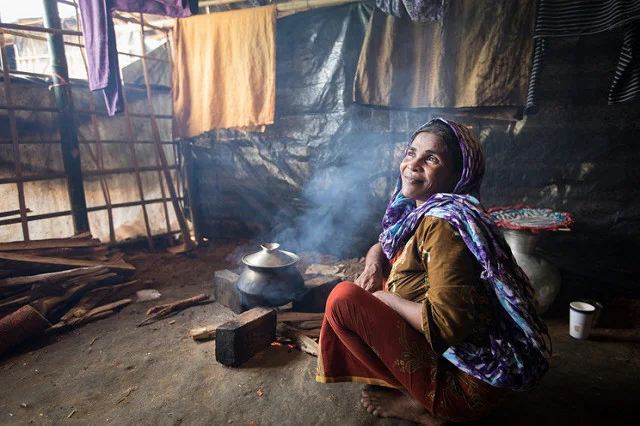
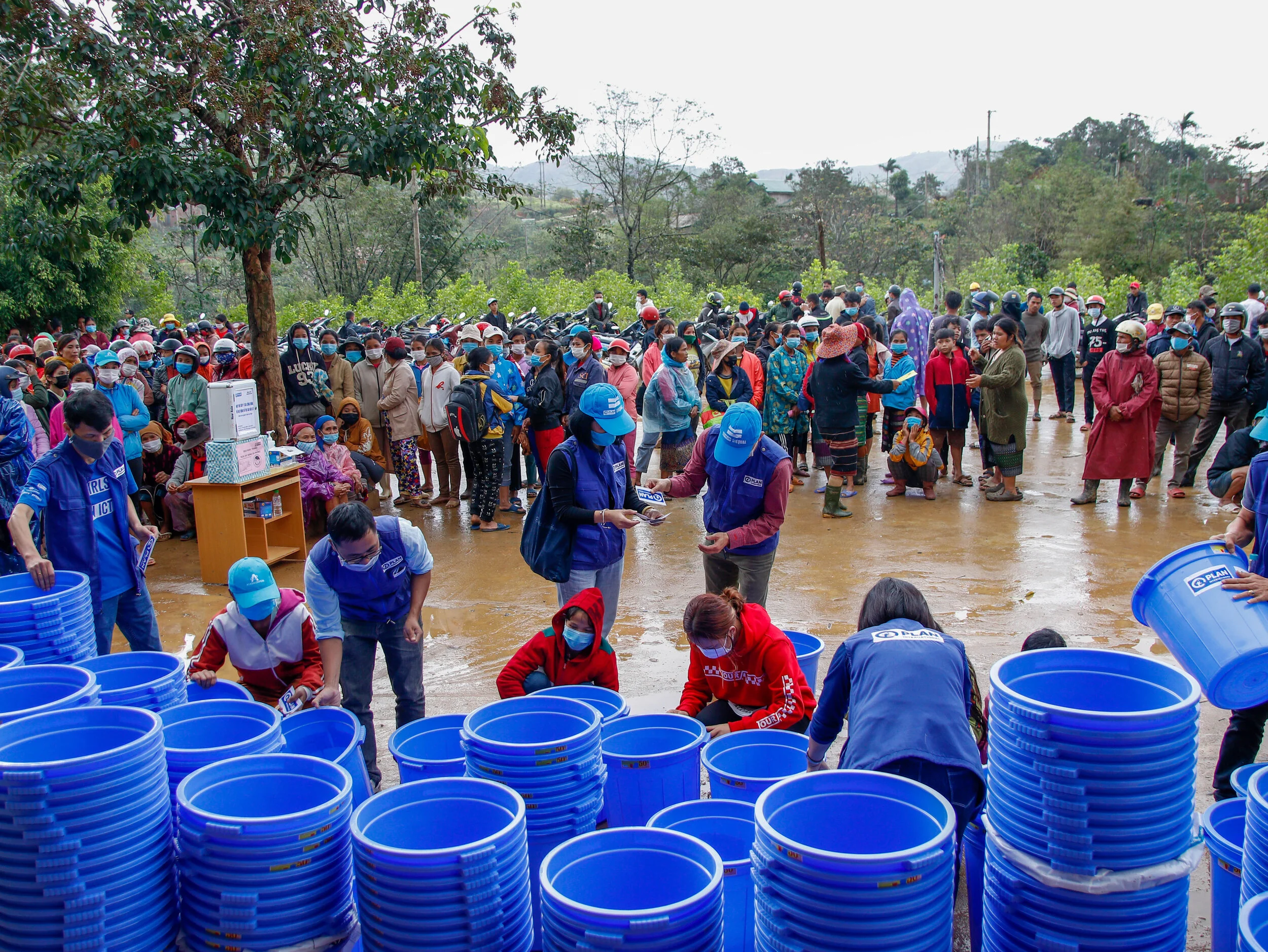
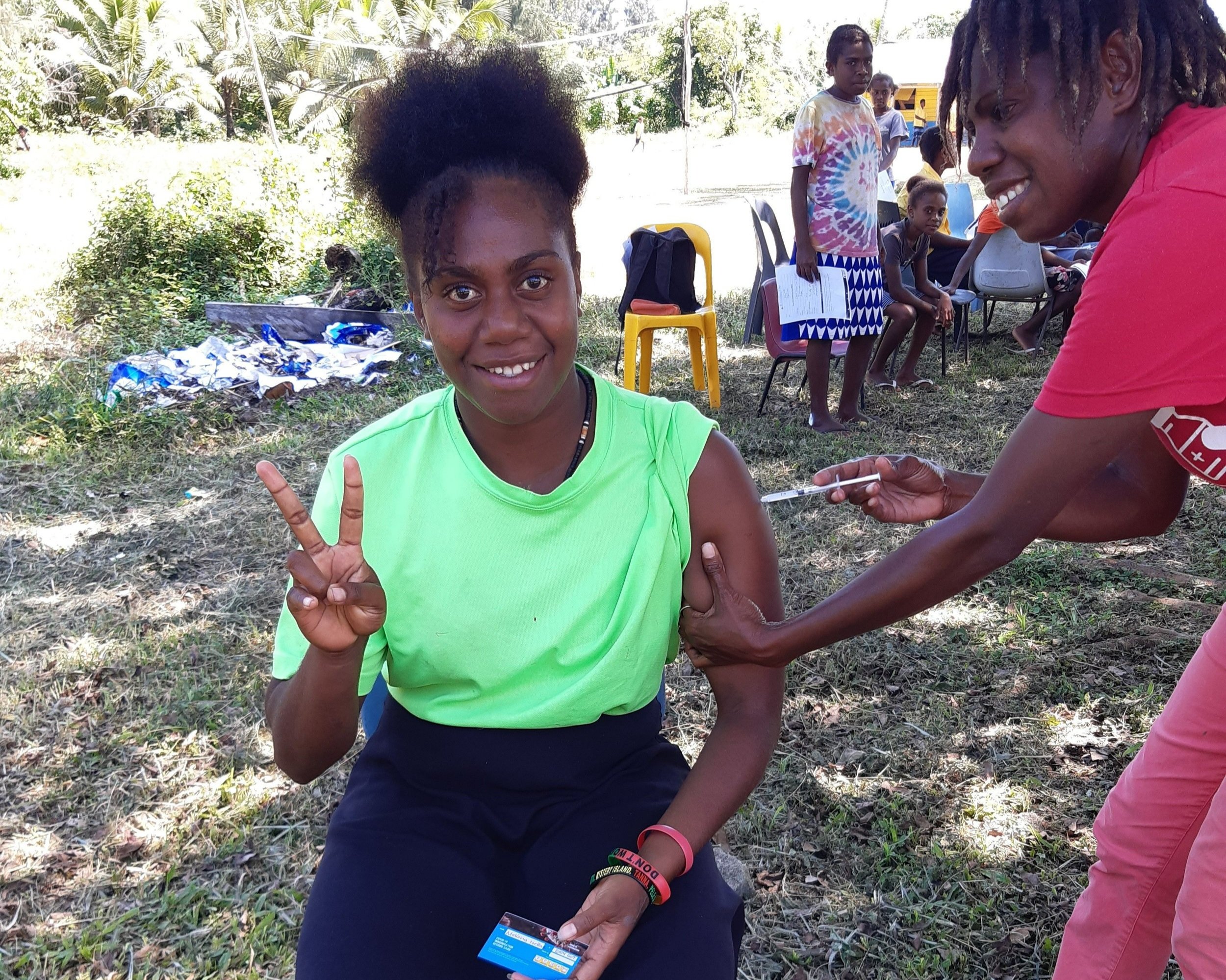
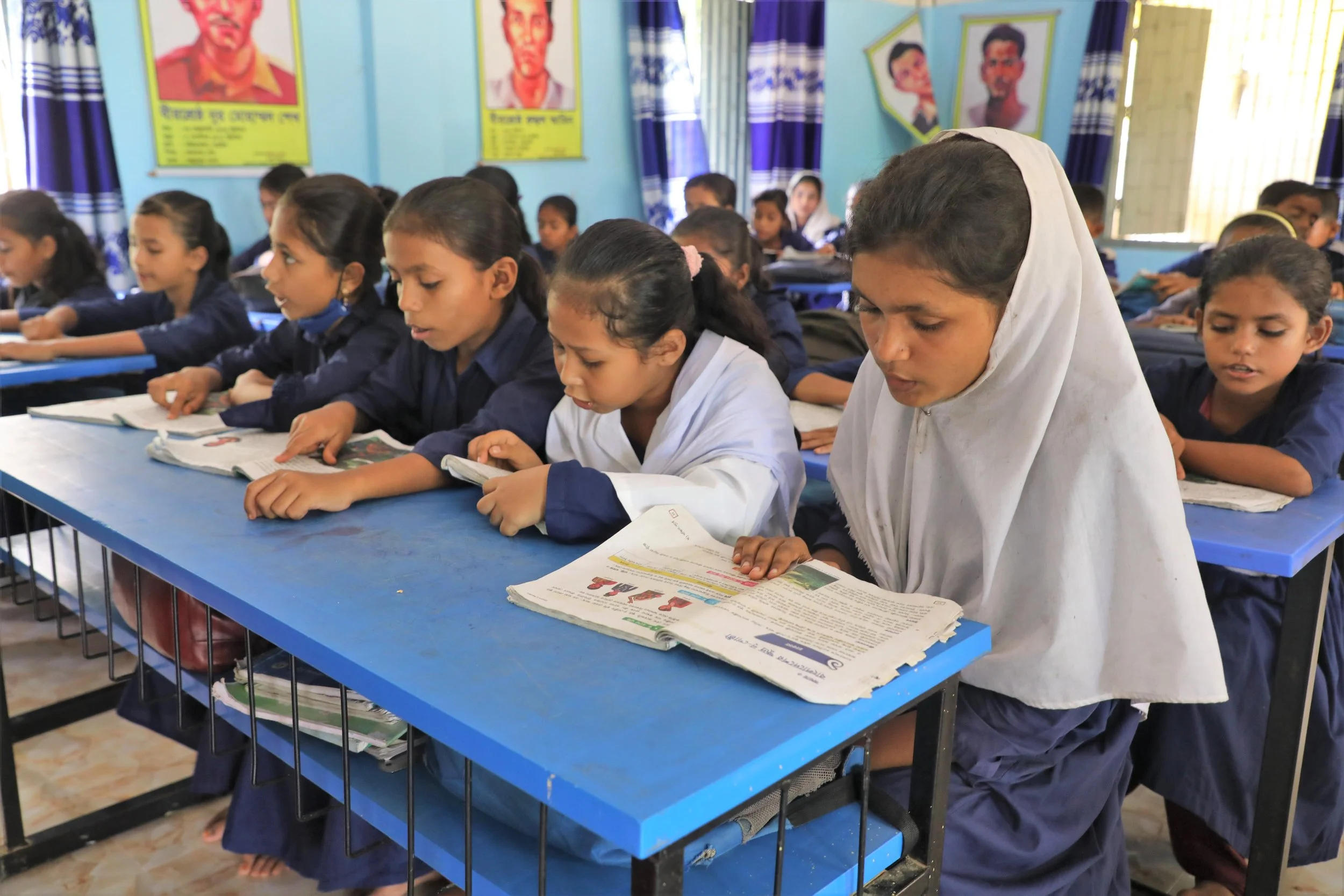
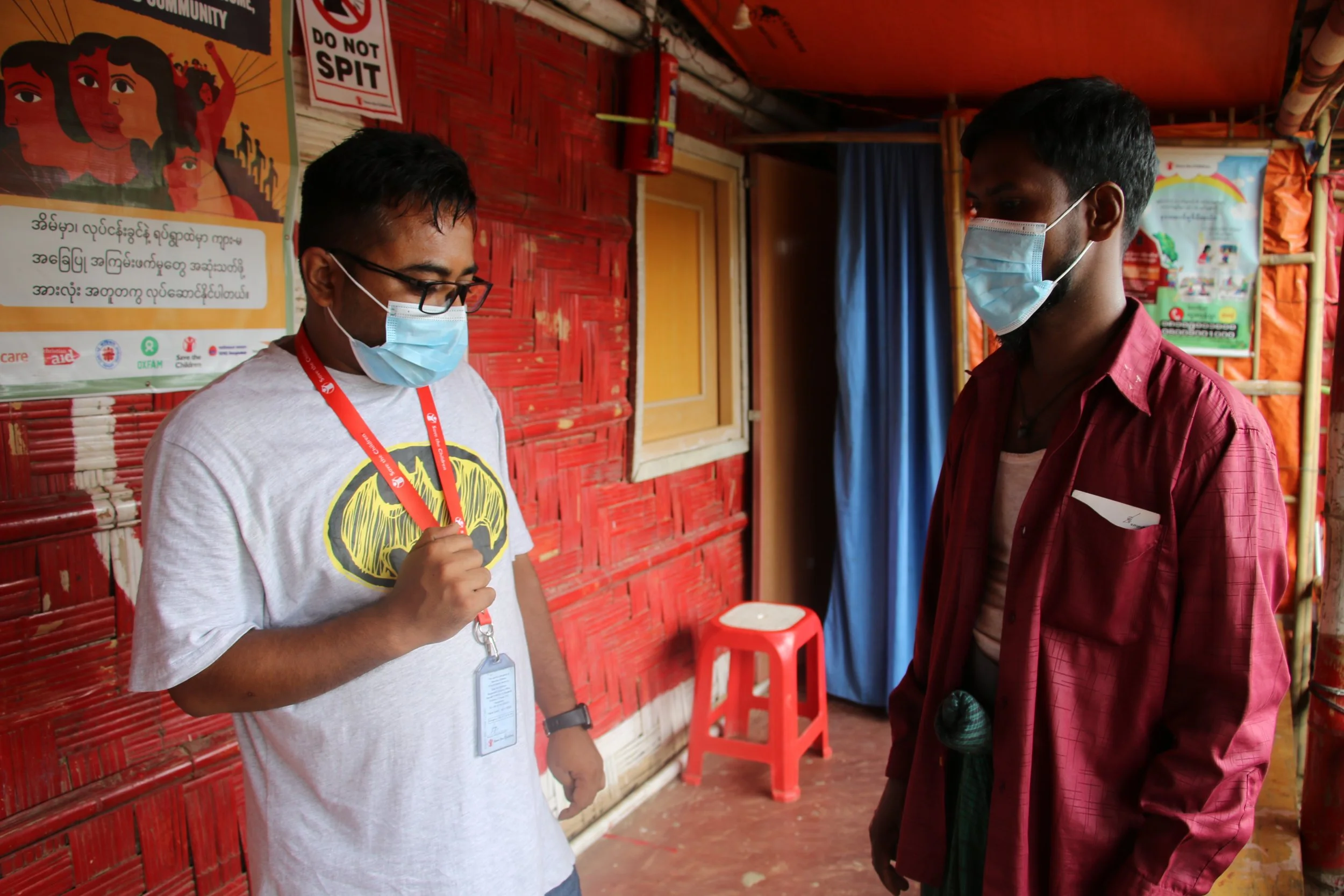
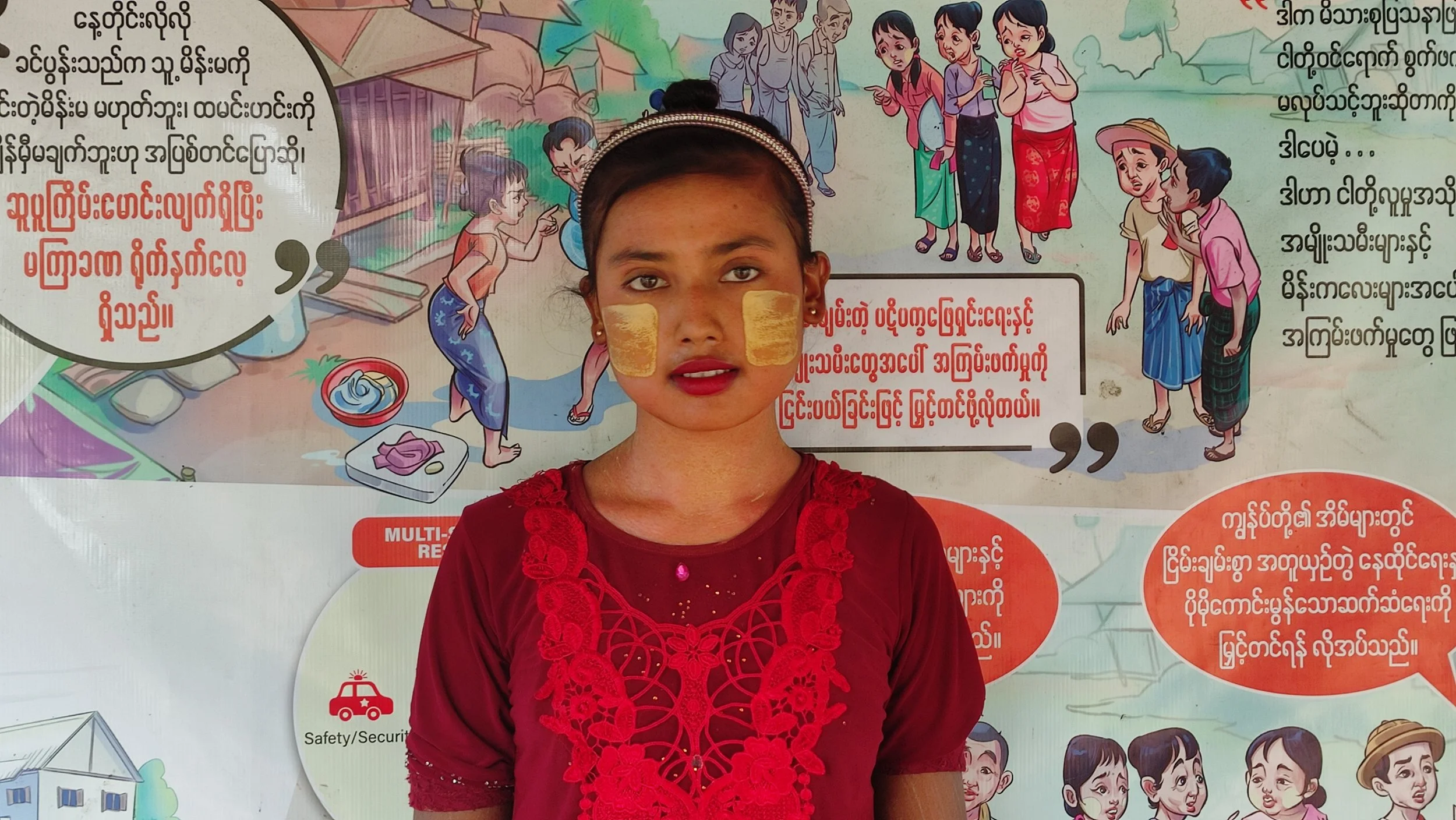
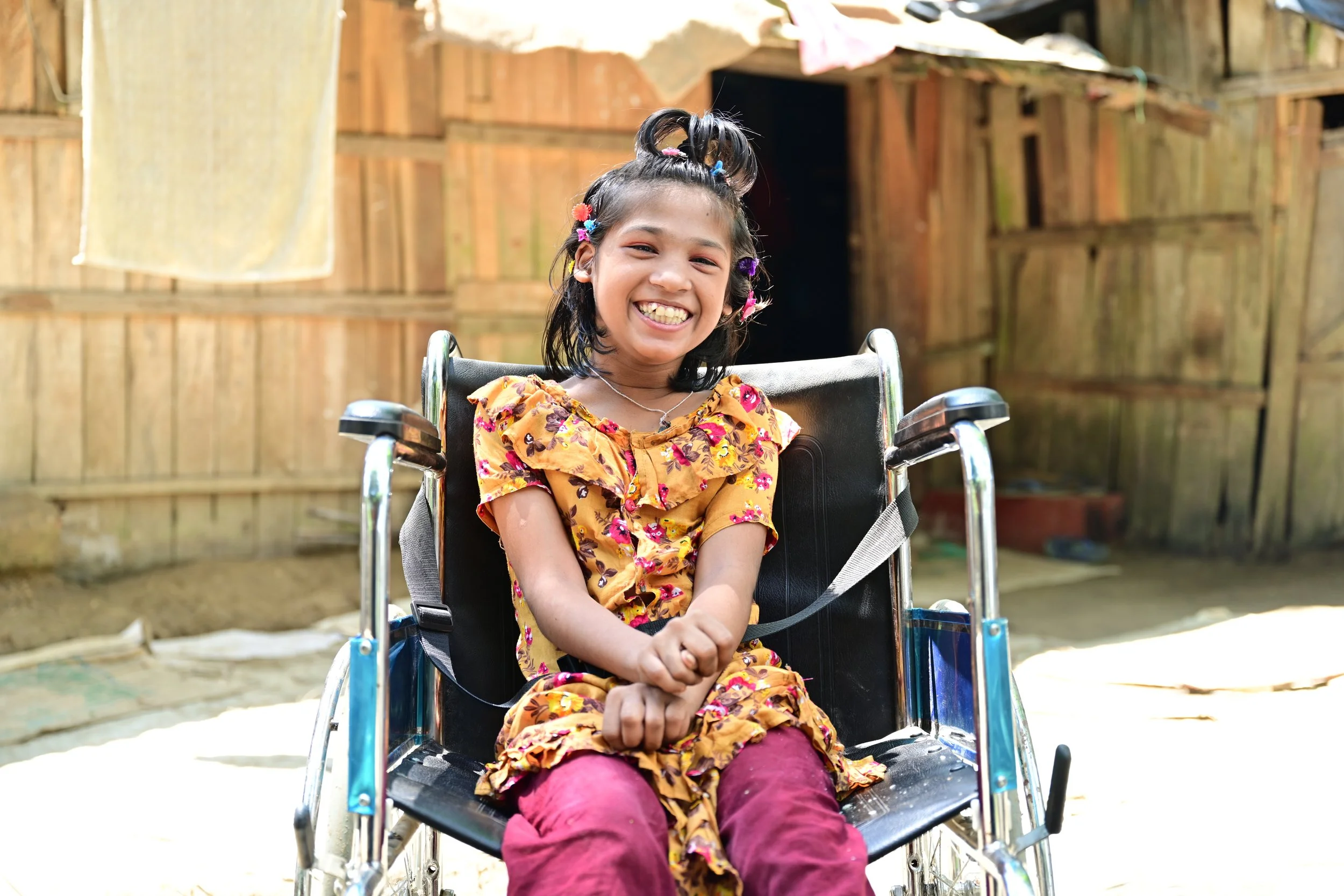
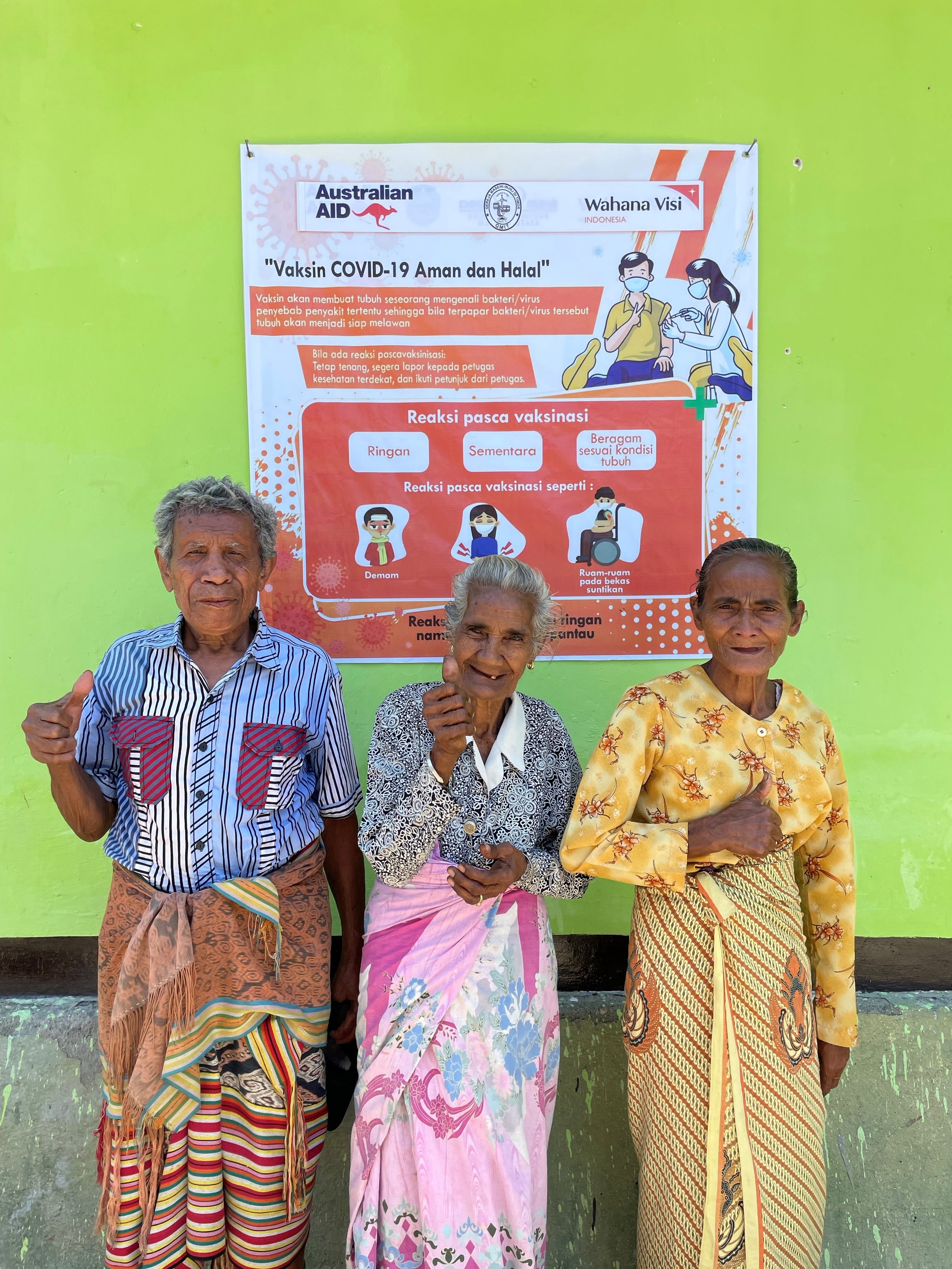
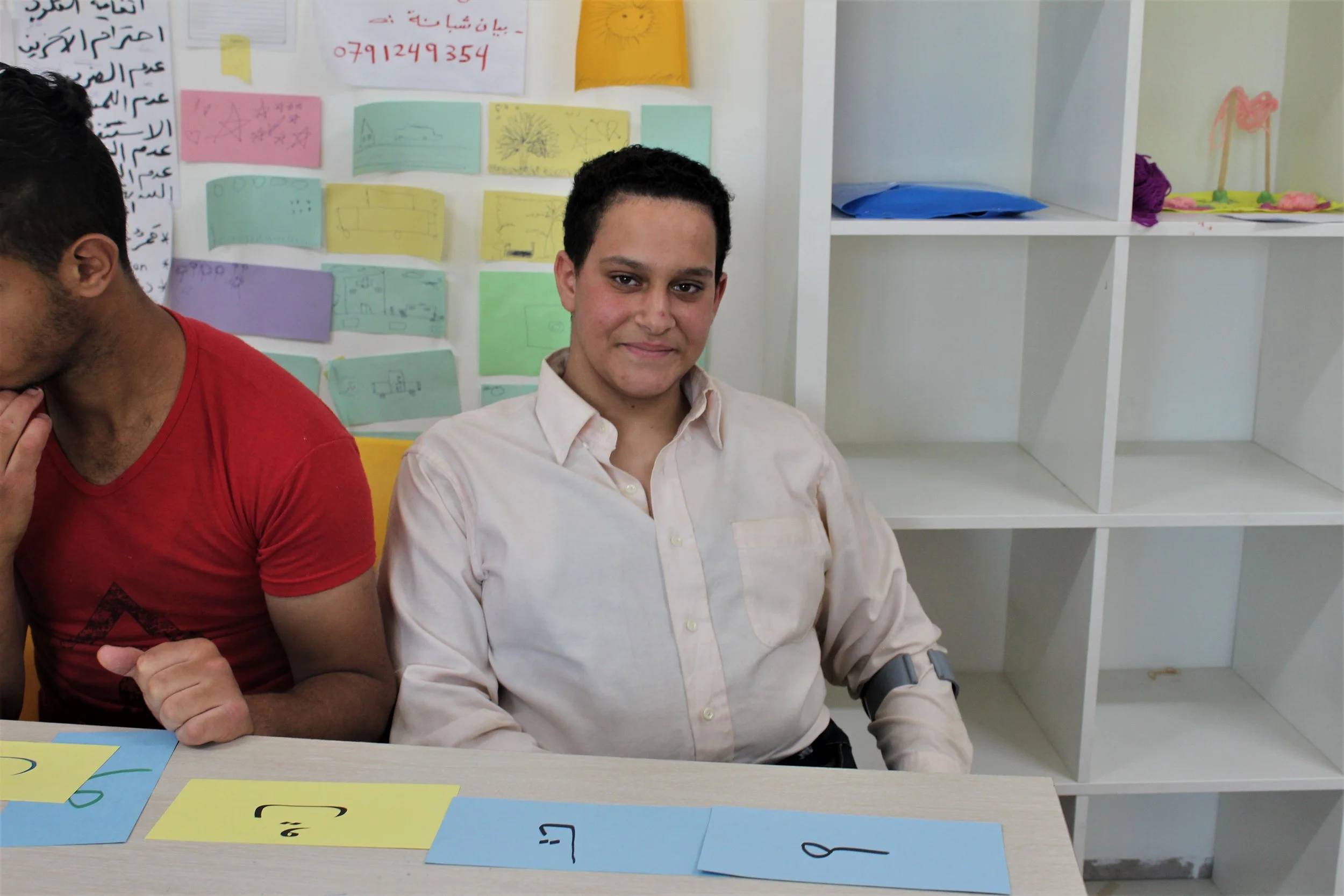
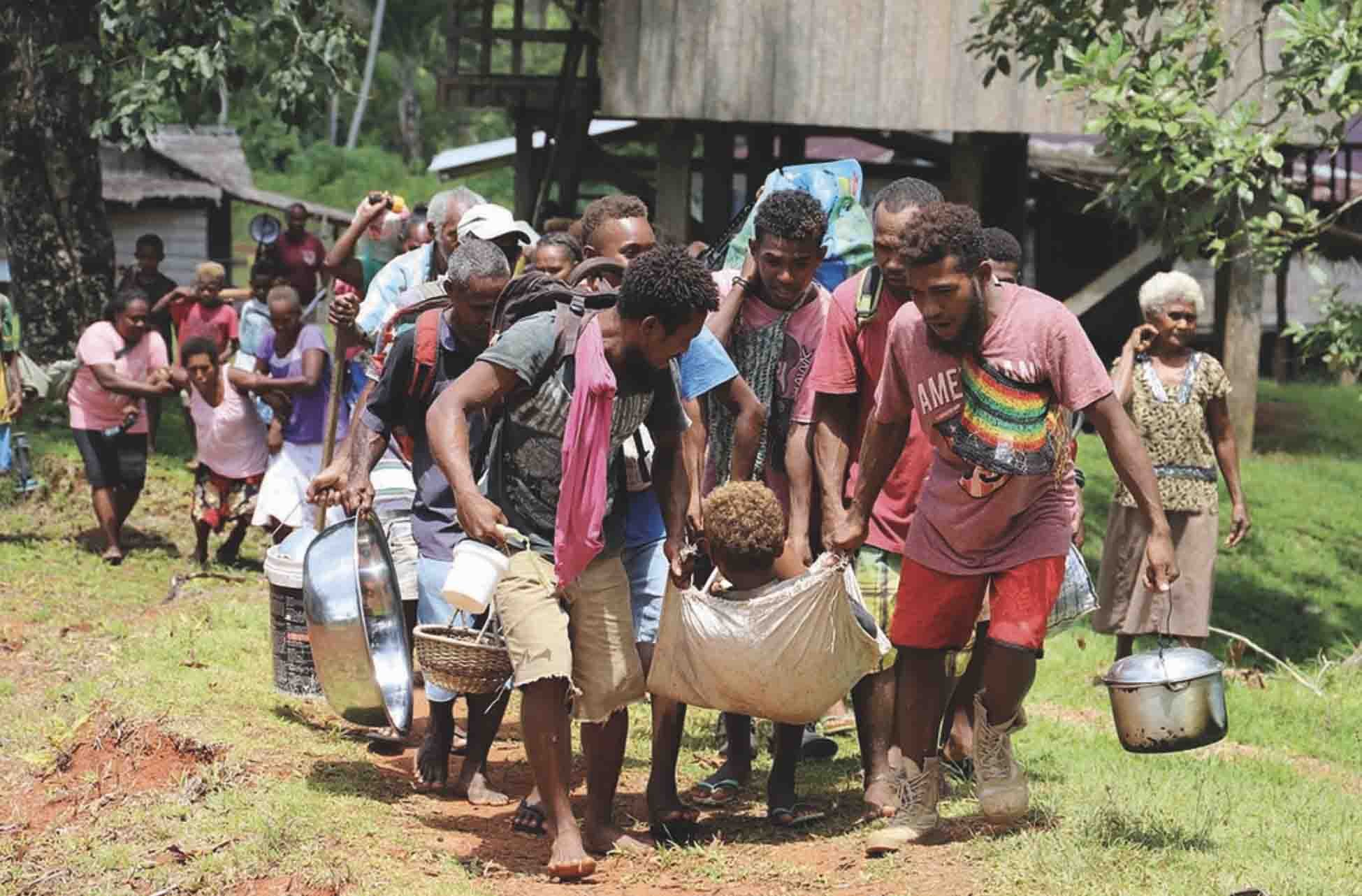
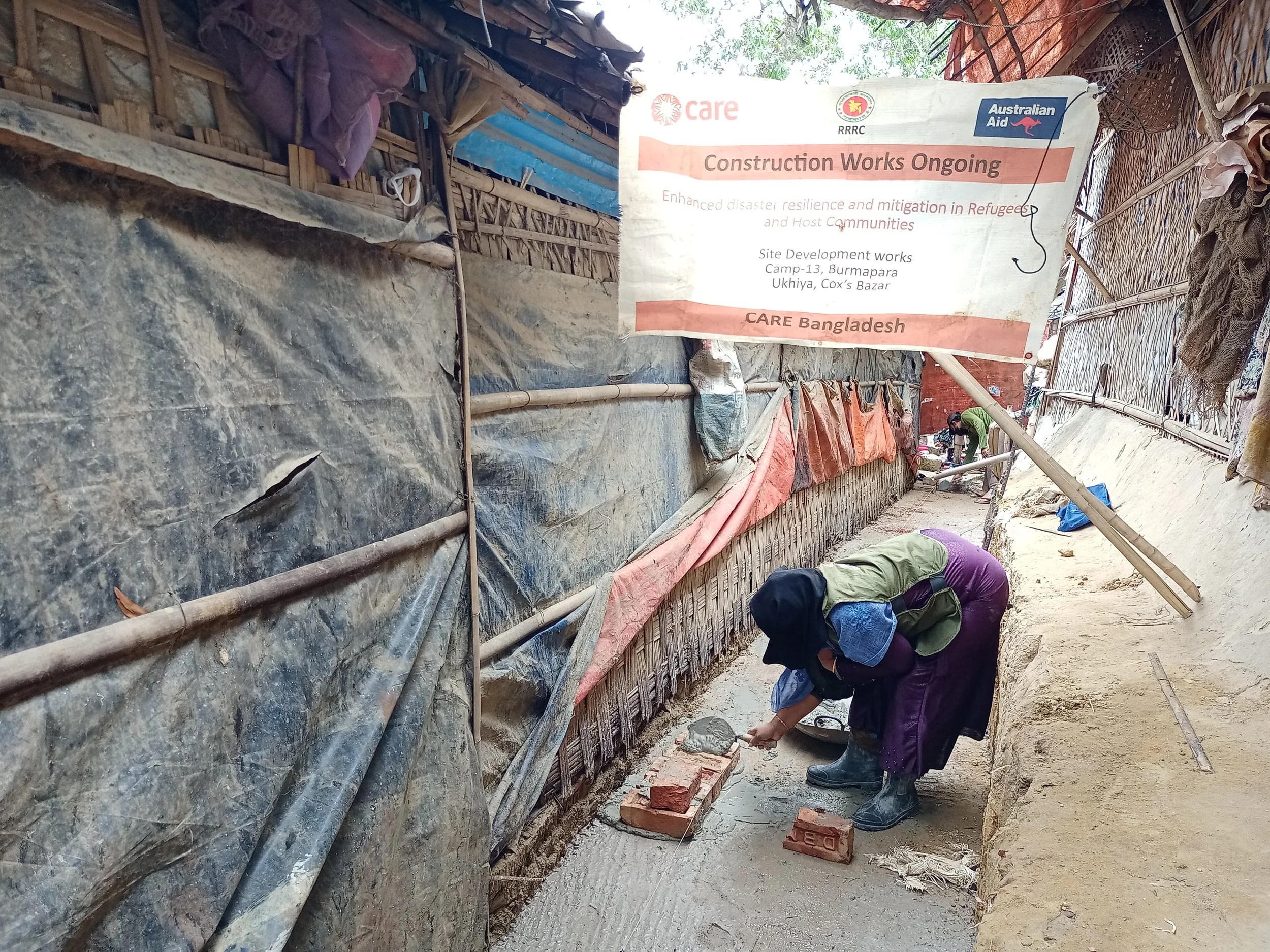
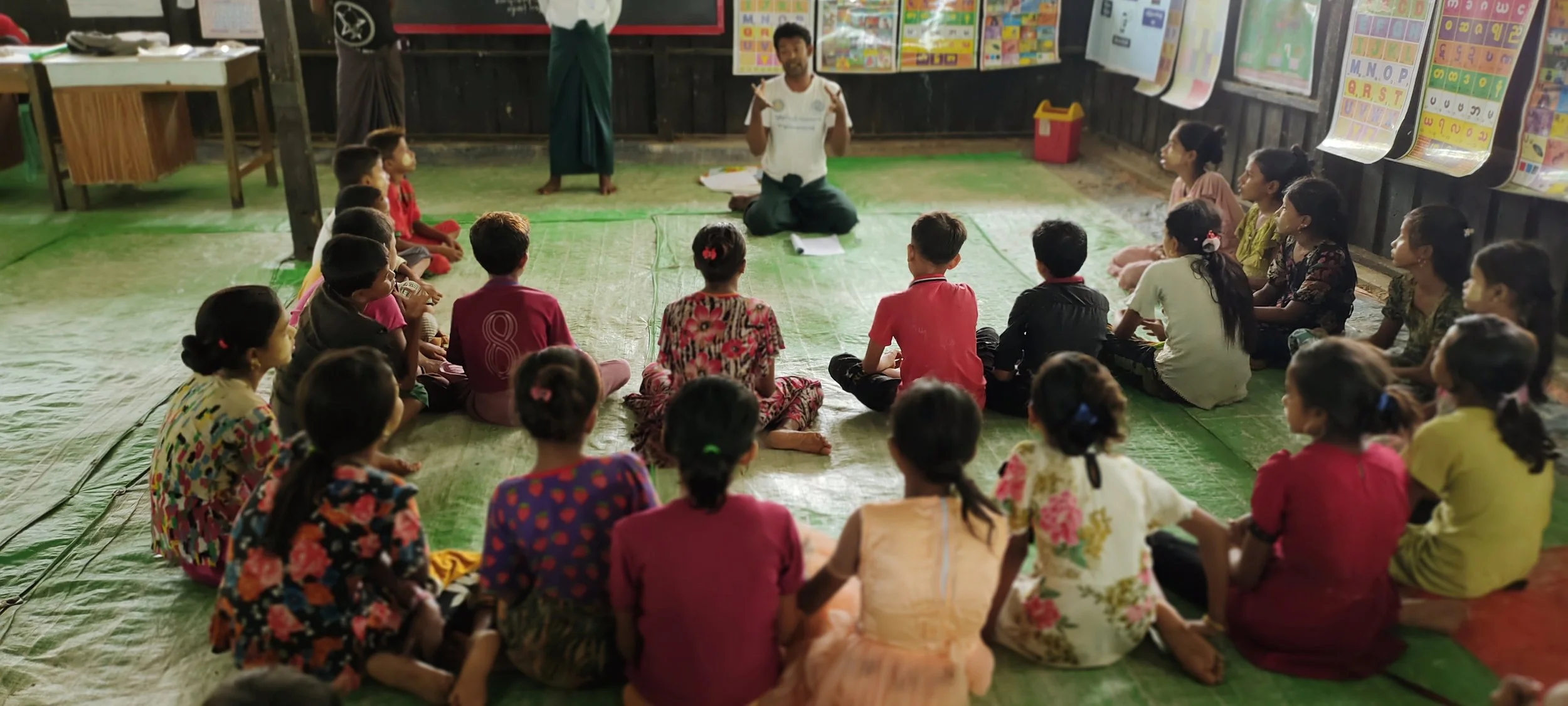
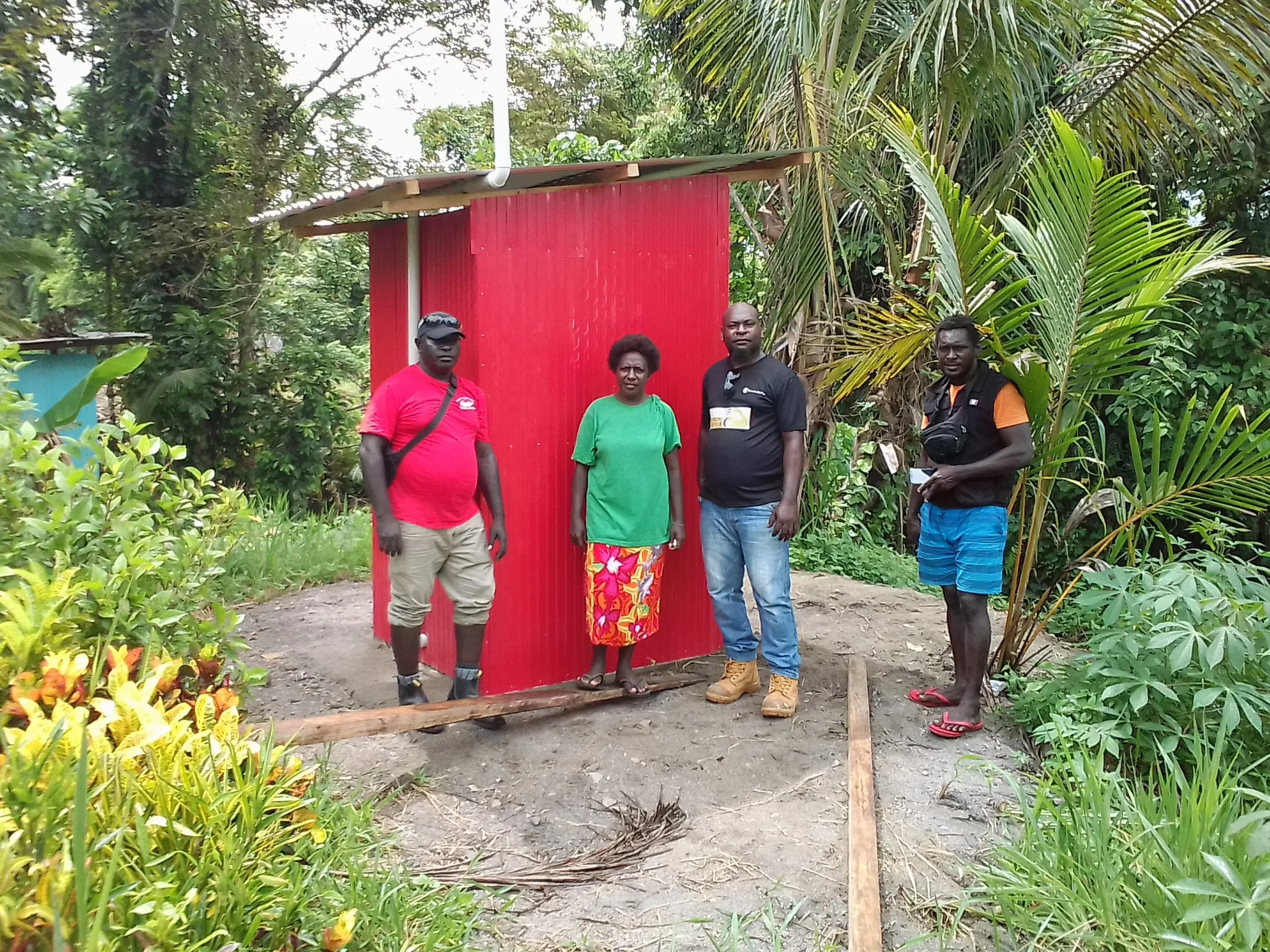
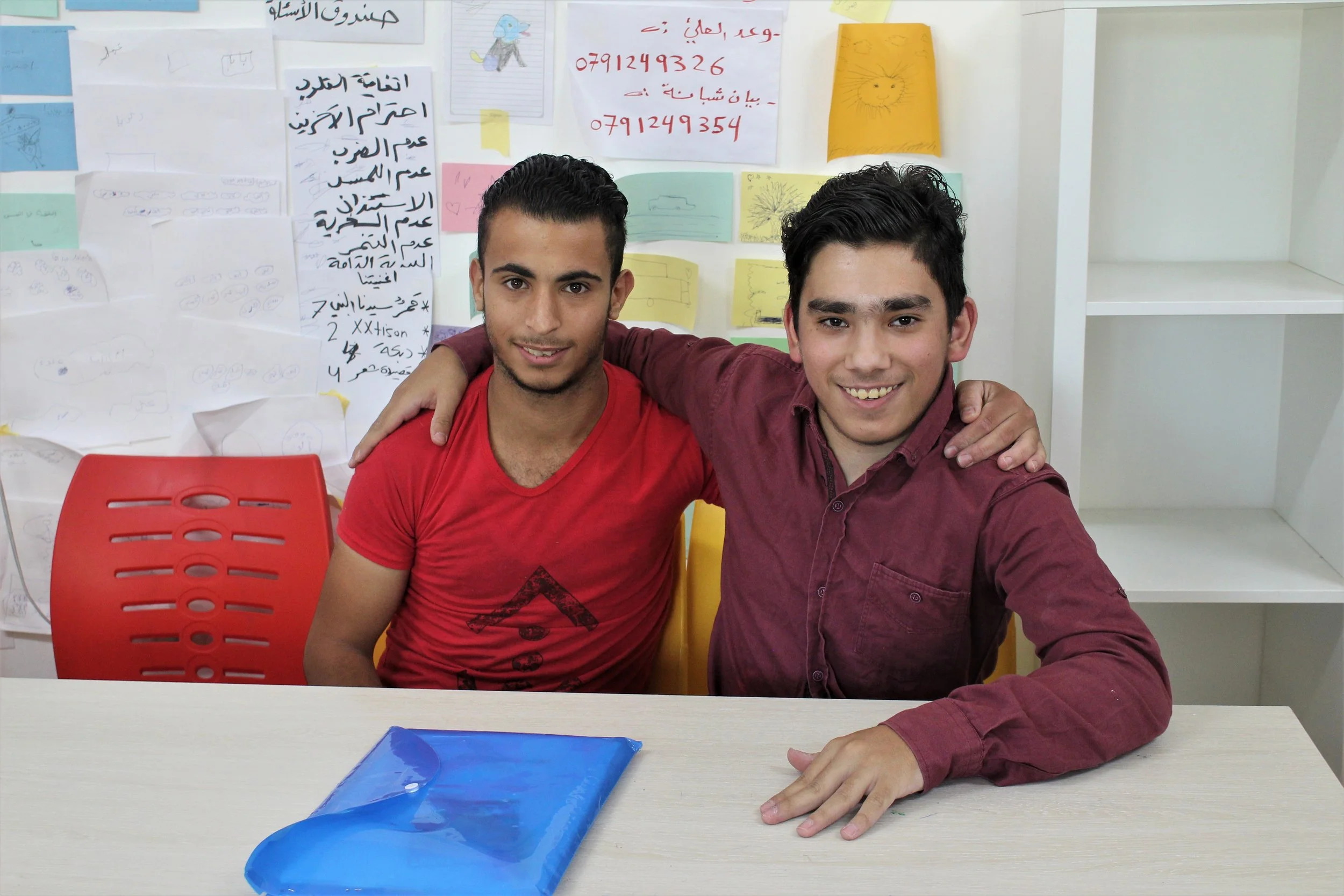
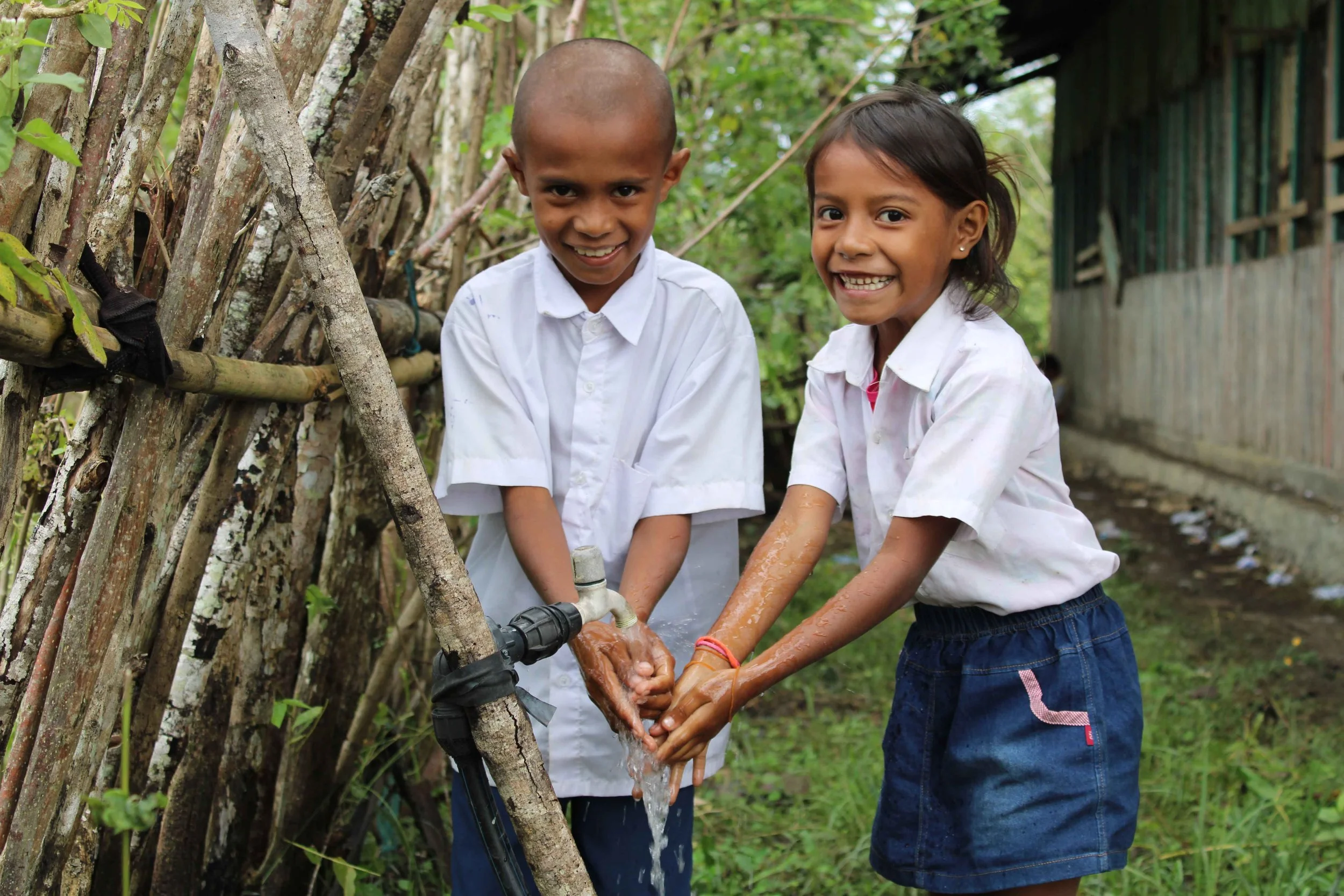
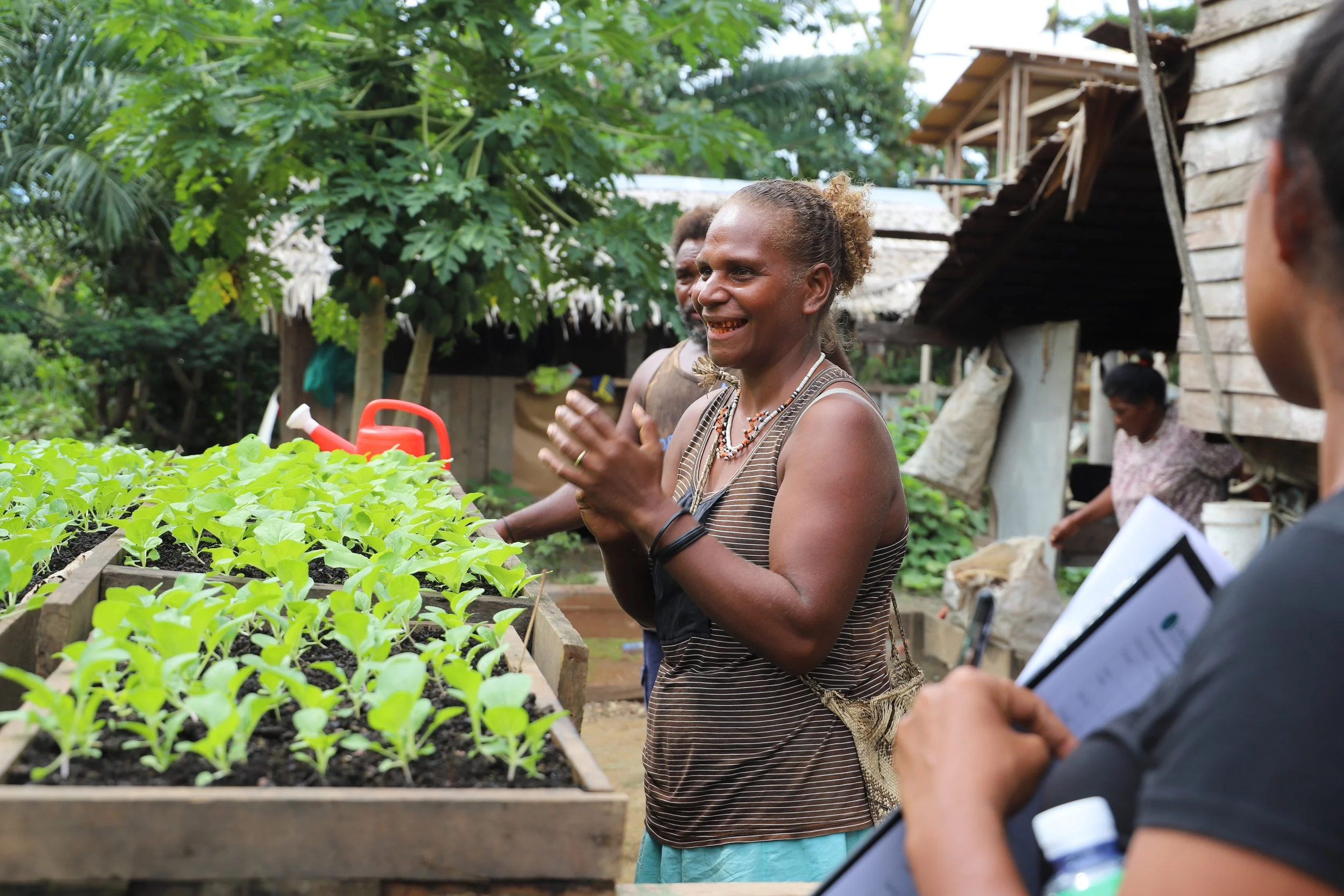








2022-2023